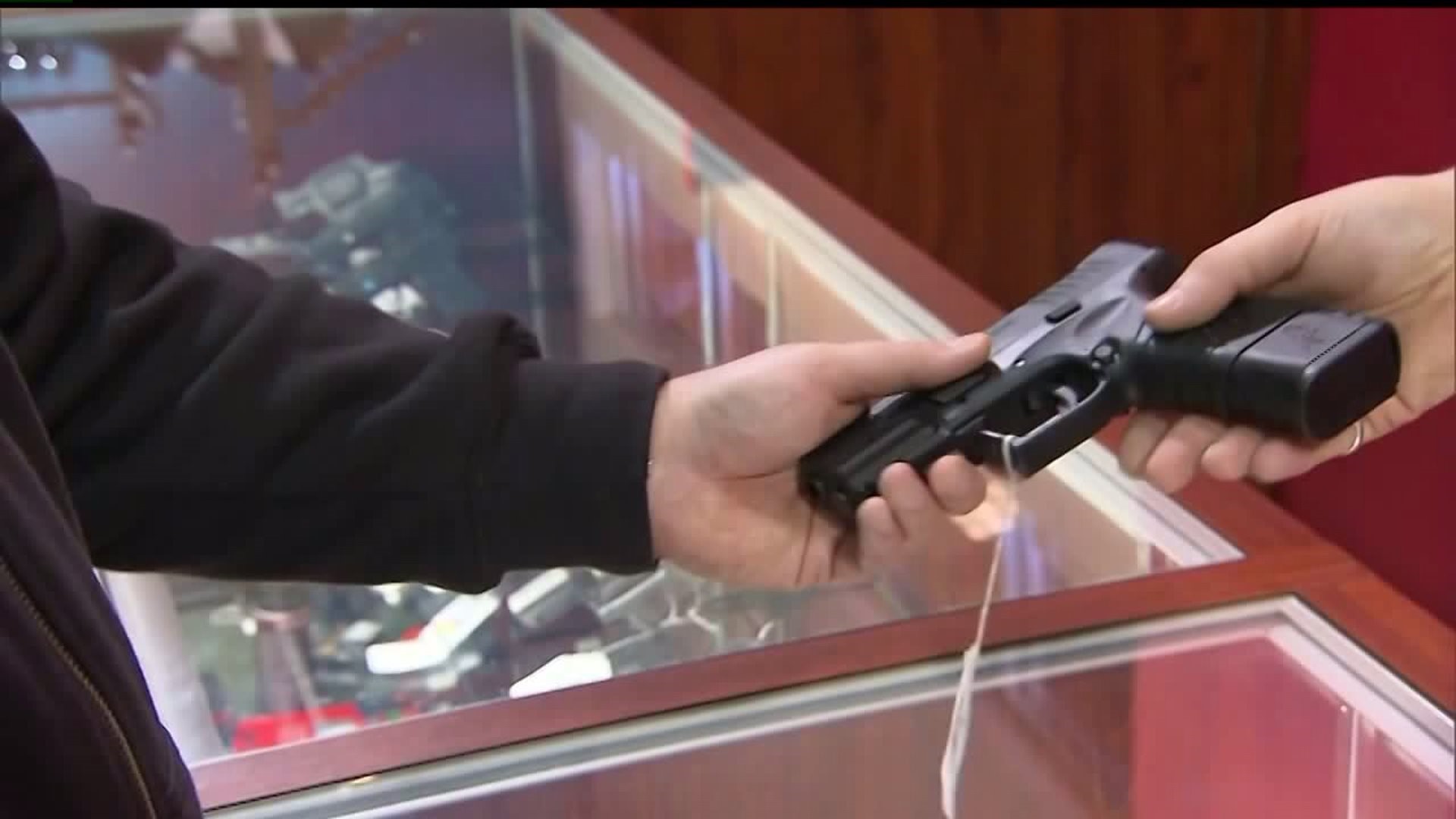That question was the center of a 10 month survey and review of each state’s license requirements.
“Pennsylvania and most other states in our country have recognized that carrying concealed firearms is a significant responsibility. That responsibility should be extended in Pennsylvania only to those people who have proven that they meet the requirements set forth by state law,” said Attorney General Josh Shapiro.
In Pennsylvania, several items are looked at before granting someone a license to carry a concealed weapon.
According to the Pennsylvania Unified Firearms Act, anyone looking to obtain a permit must be 21 years old, a Pennsylvania resident, and have a clean state and federal background check.
Some disqualifiers include people with a violent criminal conviction, mental health disease, or three D-U-I’s in a five year window.
“The law requires these common sense restrictions apply not only to Pennsylvania residents, but also people visiting from other states with conceal carry licenses,” said Shapiro.
Shapiro says following the survey, Idaho and Alabama were added to bring the total to 29 states requiring these same standards.
Conceal carry permits from those states will be also recognized in Pennsylvania.
“By following the laws adopted by our state lawmakers and the governor, we are protecting the rights of Pennsylvania gun owners. While ensuring that out of state residents can also carry concealed weapons if they meet the standards set forth under Pennsylvania law,” said Shapiro.
Virginia is being removed from the Commonwealth’s reciprocity agreement though, as their conceal carry requirements are more lenient than Pennsylvania's.
So which states are among the 29? And which states will accept a Pennsylvania license?
A new website feature makes it easy to find out.
You can find that at https://www.attorneygeneral.gov/resources/concealed-carry-reciprocity/

